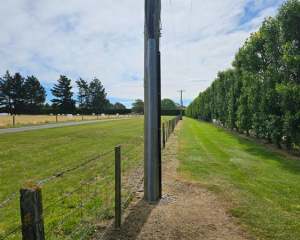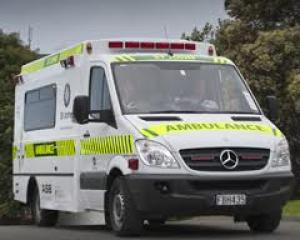
This month marks four years since the bacteria was first found in New Zealand cattle.
Currently, only three active properties remain, all in mid-Canterbury, which has encouraged “cautious optimism” among scientists that the Government will meet its goal of eradication.
A Lincoln University spokesperson said restrictive place notices applicable to the farms were lifted last month.
This followed the university having earlier adhered to the process of depopulating and decontaminating both its Lincoln University Research Dairy Farm and Ashley Dene Farm.
“This involved more than 1200 animals,” the spokesperson said.
Both farms had been cleaned, disinfected and restocked in accordance with the Ministry for Primary Industries eradication programme, and were operational.
The university had been able to complete some of the research that was under way at the time the infection was confirmed, such as milking frequency studies.
While there had been a loss from a genetics stance, one of the advantages of having no animals on the farm for 60 days while it was disinfected was that paddocks could be prepared for future research. Hundreds of suction sample cups were installed to allow nitrate concentrations to be recorded in a range of pastures.
Massey University cattle reproduction specialist Professor Scott McDougall said that with only three active properties, there was cautious optimism that eradication may be achievable.
“However, long-term surveillance will be required before freedom from infection can be declared,” McDougall said.
More than $200 million has been paid out to farmers in compensation and more than 170,000 cattle culled throughout the programme.
MPI M bovis programme director Stuart Anderson acknowledged farmers’ personal efforts and sacrifices.
“We are on track towards eradication and owe a debt of gratitude to all farmers who have worked with us along the way,” Anderson said.
He anticipated the usual increase in detect results from bulk tank milk screening this spring as MPI actively looked for the “last pockets of infection.”
“We are looking harder than ever and finding fewer instances of infection. This indicates we are getting in front of the disease,” Anderson said.
When buying stock, farmers should always check the source of cattle and their health history with their stock agents. It was also important to keep national animal identification and tracing records up to date, he said.












